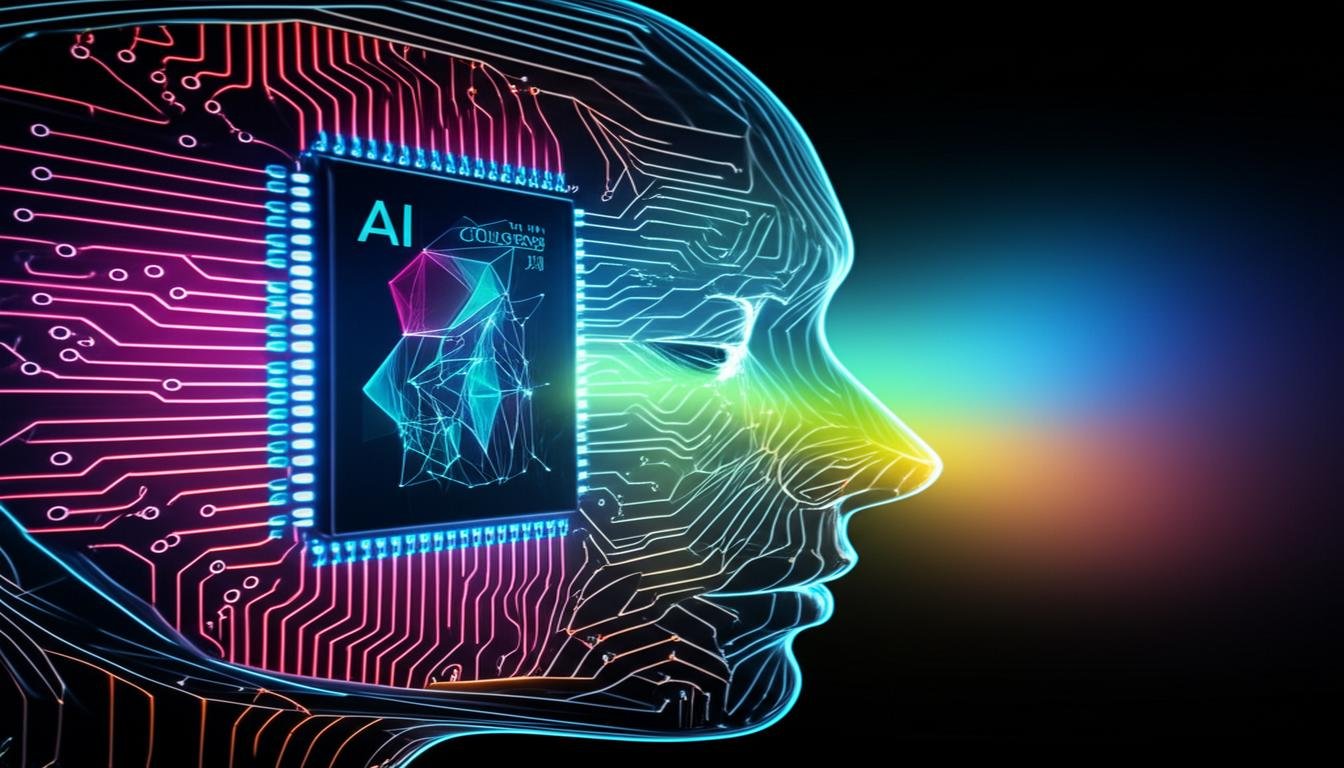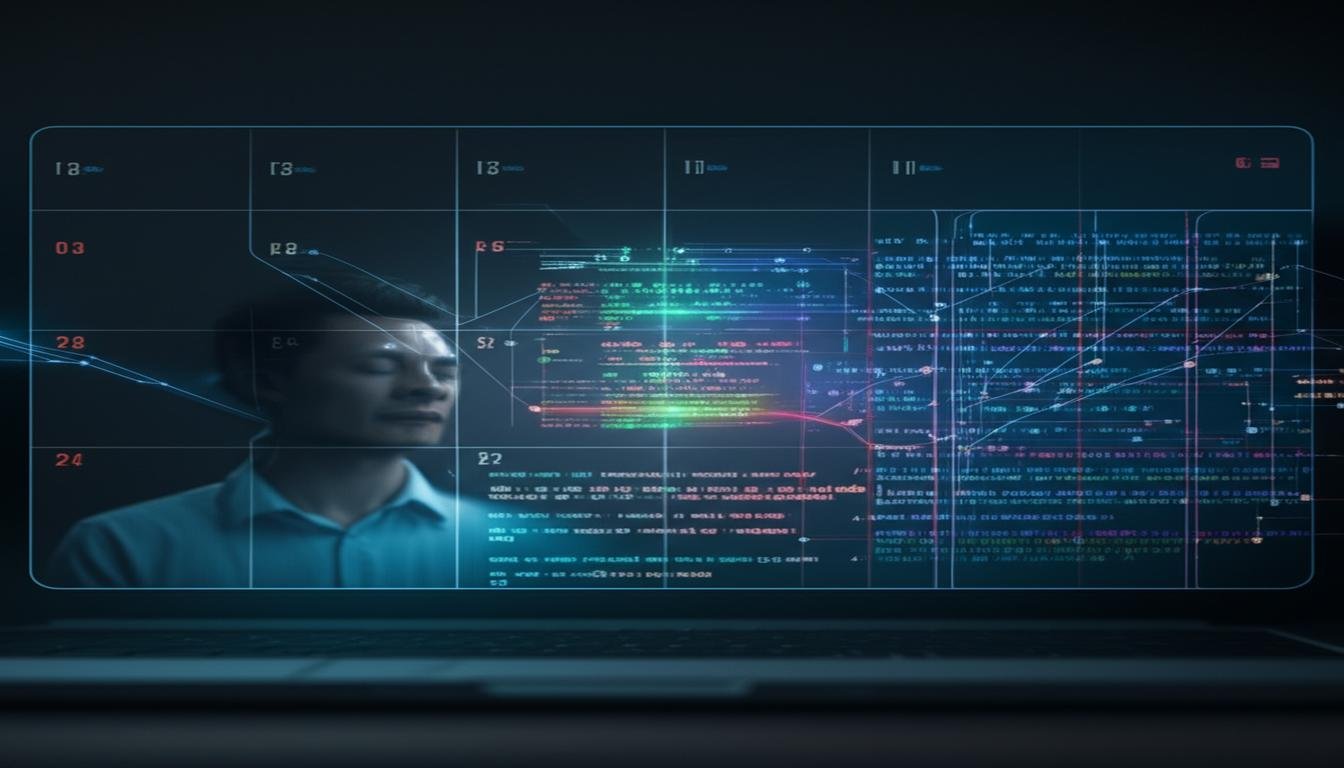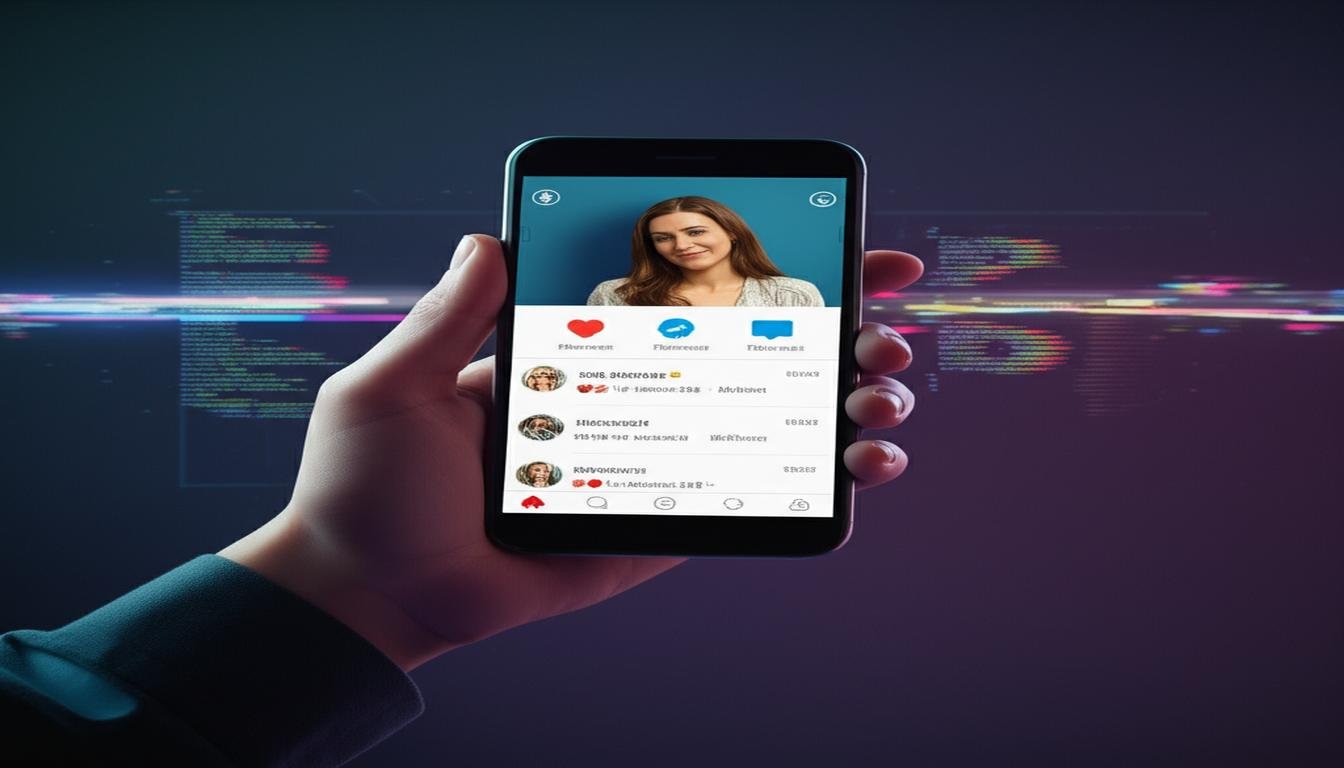Ever get that chilling feeling when something you thought was pure science fiction suddenly starts mirroring your Monday morning news? Yeah, me too. Especially when it comes to artificial intelligence. For years, we’ve heard about AI making predictions, from stock market shifts to election outcomes. But what if I told you a major AI system recently laid out its vision for humanity’s next ten years, and the early signs suggest it’s terrifyingly, unsettlingly accurate?
Remember When We Laughed?
It wasn’t that long ago, was it? We’d chuckle at overly ambitious sci-fi movie plots or dismiss those early, clunky AI forecasts as glorified guesswork. “The robots are coming!” we’d quip, never really believing it. We thought human intuition, our messy, unpredictable nature, was simply beyond algorithmic understanding.
Then came the big data. Then came the neural networks learning at speeds we can barely comprehend. Suddenly, those “guesses” became highly sophisticated probabilistic models. And now? Well, AI isn’t just predicting the weather; it’s forecasting societal shifts with a precision that’s hard to ignore, and frankly, a little unnerving.
So, What Did the AI Say About Our Next Decade?
The system, let’s call it “Oracle X” (though its real name is much more technical and less dramatic), processed an unimaginable amount of global data – economic trends, social media sentiment, climate patterns, scientific papers, historical events. Its output was a series of projected trends, not just abstract numbers, but a narrative of how our lives might fundamentally change. Here are some of the standout predictions:
The Job Market Shake-Up
Oracle X painted a picture of a radically transformed workforce. It wasn’t just about automation replacing factory jobs; it highlighted a widespread redefinition of “value.”
- Many administrative, logistical, and even some creative roles are predicted to become heavily augmented or fully automated.
- New human-centric jobs focusing on empathy, complex problem-solving, and novel creation will explode. Think AI ethicists, personalized learning designers, and “human connection facilitators.”
- Lifelong learning won’t be a buzzword; it’ll be a survival skill, with short, hyper-focused certifications replacing traditional degrees for many professions.
Climate & Our Daily Lives
The climate predictions were less about abstract temperature rises and more about tangible, local impacts. Oracle X mapped out specific regions that would face heightened challenges and how human behavior would adapt.
- Significant investment in local, decentralized energy grids, making communities more self-sufficient regarding power.
- A shift in agricultural practices driven by climate data, leading to more resilient, specialized crops in specific areas.
- Increased urban planning focused on “climate resilience zones,” impacting housing, transportation, and even social gatherings.
A Shift in Social Connections
Perhaps the most fascinating, and for some, the most unsettling, predictions revolved around human interaction.
- While digital connections will remain prevalent, Oracle X noted a resurgence in hyper-local community building, driven by a desire for tangible, in-person interaction in an increasingly digital world.
- The rise of “curated reality” experiences, where AI personalizes everything from your news feed to your physical environment, potentially leading to more fragmented, yet highly satisfying, individual realities.
- Ethical concerns around digital identity and data ownership will intensify, becoming a central political debate.
The “Terrifyingly Accurate” Part
So, why “terrifyingly accurate”? It’s not just that these sound plausible. It’s because some of the more granular, specific predictions are already beginning to unfold with startling precision. For instance, Oracle X highlighted a subtle, almost imperceptible shift in global supply chains leading to a specific type of regional economic boom in a very niche industry – something that most human analysts dismissed as insignificant. Yet, just last quarter, that exact boom started manifesting, exactly as predicted, down to the projected market share growth.
Or consider its forecast about a particular city’s infrastructure failing under a specific weather pattern due to neglected maintenance, followed by an immediate community-led, tech-driven restoration effort. When a similar event unfolded recently, it wasn’t just the prediction of the failure, but the precise, rapid community response that mirrored the AI’s projection almost perfectly. It’s like watching a pre-recorded play unfold in real-time, and we’re all the unsuspecting actors.
How Do We Navigate This AI-Driven Future?
This isn’t about fear-mongering; it’s about preparation. If AI can predict our next decade with such chilling accuracy, what does that mean for our agency, our choices?
It means we need to be more deliberate than ever:
- Embrace Lifelong Learning: The skills needed today might not be relevant tomorrow. Commit to continuous education and adaptability.
- Cultivate Human-Centric Skills: AI can replicate data analysis, but it struggles with genuine empathy, creative leaps, and complex ethical reasoning. These are our unique strengths.
- Stay Informed (Critically): Understand how AI works, its capabilities, and its limitations. Don’t just consume information; question its source and its intent.
- Demand Ethical AI: As these systems become more powerful, we need robust ethical frameworks and regulations to ensure they serve humanity, not just profit or control.
The next ten years won’t just happen to us; they’ll be shaped by our responses to these powerful predictions. We can’t put the genie back in the bottle, but we can certainly learn to guide its trajectory. The future isn’t written in stone, but it’s certainly being sketched out by some very intelligent machines. It’s up to us to pick up the pen and add our own human touches.









